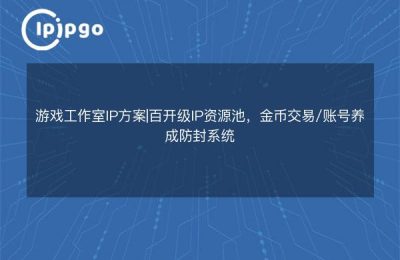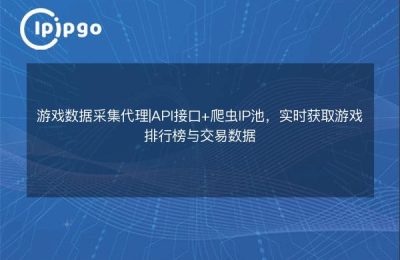
Real Residential IPs: The "Cloak and Dagger" of Real Estate Data Crawlers
Friends who have done data collection on platforms such as Chain, Zillow, etc. know that the most headache of frequent visits is triggering the anti-climbing mechanism. The platform will passIP access frequency, request characteristics, device fingerprintsetc. Multi-dimensional identification of the crawler, which can be as light as restricting access or as heavy as permanently blocking the account. At this time, the residential proxy IP is like wearing a cloak of invisibility to the crawler program, so that each request is like a real visit from a different home user.
Dynamic vs. static proxies: the golden combination for property crawlers
Based on our experience of serving 300+ real estate data analytics teams, we recommend the use ofDynamic + Static Hybrid Proxy PoolPrograms:
| take | Recommendation Type | dominance |
|---|---|---|
| High-frequency collection of real-time house prices | Dynamic Residential IP | Automatic IP address change per request |
| Permanent monitoring of specific listings | Static Residential IP | Fixed IP to maintain stable access |
Take the ipipgo proxy service as an example of a90 million+ real home IP poolsIt can perfectly match both needs. Dynamic IPs are real home broadband IPs every time they are switched, while static IPs can remain unchanged for up to 24 hours, which is especially important for the collection of listing details pages that need to be kept logged in.
Practical skills: 3 steps to build an anti-blocking crawler system
The following configuration policy is recommended when using the ipipgo proxy:
- request header masquerading as: Simultaneously change User-Agent, Accept-Language and other parameters every time you change IP.
- Pace control of visits: Set random intervals of 3-8 seconds to simulate the browsing speed of a real person
- Failure Retry Mechanism: Automatically switch to a new IP and retry when a 403/429 status code is received
Sharing a sample Python request (pseudo-code) here:
import requests
from ipipgo import get_proxy call ipipgo's SDK
proxy = get_proxy(type='residential', region='shanghai')
headers = {'User-Agent': random.choice(user_agents)}
response = requests.get(
url='Link to Chain Home Listing',
proxies={"http": proxy, "https": proxy},
headers=headers,
timeout=15
)
High Frequency Questions and Answers
Q: Can I continue to use a banned IP?
A: ipipgo's residential IPs have a cooling off mechanism, where banned IPs are automatically suspended and re-entered into the available pool after 48 hours.
Q: How to ensure the stability of proxy IP?
A: Recommended to be turned onIP Survival Detection FunctionWhen the current IP is detected to be invalid, the SDK will automatically assign a new IP (retry mechanism needs to be set in the code).
Q: What do I need to know about collecting cross-country real estate data?
A: Using ipipgo local residential IP is key. For example, when collecting Zillow US listings, choosing the residential IP of the corresponding state/city improves the success rate by more than 60% than using the data center IP.
Choosing the right tools: core indicators for residential agents
There are three core metrics that are recommended to focus on to measure the suitability of a proxy service for property crawlers:
- IP purity: whether it has been flagged by the target platform
- Geographical coverage density: Can IP allocations be precise down to the city level
- Protocol compatibility: Whether or not socks5/http(s) full protocol is supported
That's why we recommend ipipgo - its residential IPs are all from real home networks that support theGlobal city-level positioning in 240+ countriesIt also adopts intelligent routing technology to ensure the success rate of requests. Especially when collecting platforms with strong regionalization such as Chain Home, using local residential IP can effectively circumvent the regional access restrictions.








